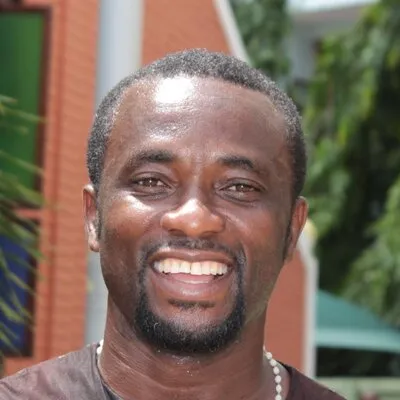“He who dances to every tune will soon be lame in both legs.” – African Proverb
In His most sorrowful state, Christ counselled His disciples to “Watch and pray, that you enter not into temptation: the spirit indeed is willing, but the flesh is weak”. Beyond the spiritual essence of His counsel, He was expressing the struggle between the willingness of the human spirit to do good and the weakness of the flesh to succumb to evil because of physical or worldly desires. The context is that while one may have good intentions or a strong desire to do something right, the challenges and weaknesses of human nature can often hinder those intentions.
A realistic assessment of ourselves tells us that the counsel given some two thousand years ago is still as relevant in our age and our everyday interactions. We know living is complex and multifaceted, but one of the baffling attitudes of humans is that we often choose to do wrong things even when we understand the potential benefits of doing what is right. The downside of this trending attitude is that we assume we can make progress, but in reality we are only marking time. It is as if we are waiting for something interesting to happen before we do something meaningful with our lives.
As always, there is no smoke without fire, and several factors contribute to this marking time phenomenon. Chief among them is the internal conflict we face between our long-term values or goals and short-term desires or needs. More often, the immediate gratification of our desires outweighs the perceived benefits of adhering to long-term values. That is one of the reasons why many of us are not able to walk our talk. Research says that poor attitudes stem from the fact that emotions we generate toward our short-term values are more powerful than the abstract reasoning our long-term goals are anchored in.
This self-inflicted violence of our internal conflicts does much damage to us, yet we rarely seek any kind of help for it. Many of us yield to all kinds of temptations, even though we swear the “never-ever-again” mantra every day. As one researcher puts it: “Our emotional brain has a hard time imagining the future, even though our logical brain clearly sees the future consequences of our current actions”. This observation is not surprising, since we are emotional beings first before we learn to rationalise. That is why our logic is often influenced by how we feel – but that does not mean we should always succumb to the allure of our immediate pleasure.
In our Ghanaian society, one of the reasons many of us succumb to our immediate desires stems from knowing that the consequences of our actions are distant or unlikely. Many of us get away with being unethical, thus we are more inclined to engage in behaviours which we know are wrong. For example, not many of us get punished over a blatant disregard for time. To this end, being late and not caring about the effects it has on others has become habitual. We know we will get away with it, so why bother making a change for the better? We would rather wait for that interesting time when we have no choice but to make the change.
Breaking away from negative habits and adopting positive ones requires conscious efforts and self-discipline. That is our one-way ticket out of this inner conflict. This is also an ideal many of us struggle to attain because the path is narrow and tough, and often with no end in sight. While we are on it our rationality rises, but we can still easily end up making choices that do not work in our long-term interests because our emotional states – such as stress, frustration or sadness – can cloud judgment and lead us to seek quick solutions or escapes, even if those solutions are detrimental in the long run.
Have you noticed that when given the choice between walking to exercise and continuing your car ride for another half hour, your emotional self, pushes you to choose the latter. This does not mean your logical-self abandons you. Rather, it strives to reason with you. It might outline all the benefits you will gain from exercising in a bid to inspire you. It will try to talk you into becoming confident about yourself and your abilities. Ultimately, you will have to choose which of the selves you listen to. The call is for you to understand that no matter how juicy our short-terms benefits are, they always short-change us and make us miss out on the wonderfulness of life.
Since we want the best out of this life, and the science says that our emotions are strong, what’s best for us to do is associate our long-term goals with positive emotions. That way we can get our emotions and logic on the same side; thereby erasing our inner conflicts. When we attain that focus, we will stop marking time and start marching forward to attain all that we set for ourselves.
__________________________________________________________________
Kodwo Brumpon is a partner at Brumpon & Kobla Ltd., a forward-thinking Pan African management consultancy and social impact firm driven by data analytics, with a focus on understanding the extraordinary potential and needs of organisations and businesses to help them cultivate synergies which catapult them into their strategic growth and certify their sustainability.
Comments, suggestions and requests for talks and training should be sent to him at kodwo@brumponand kobla.com










